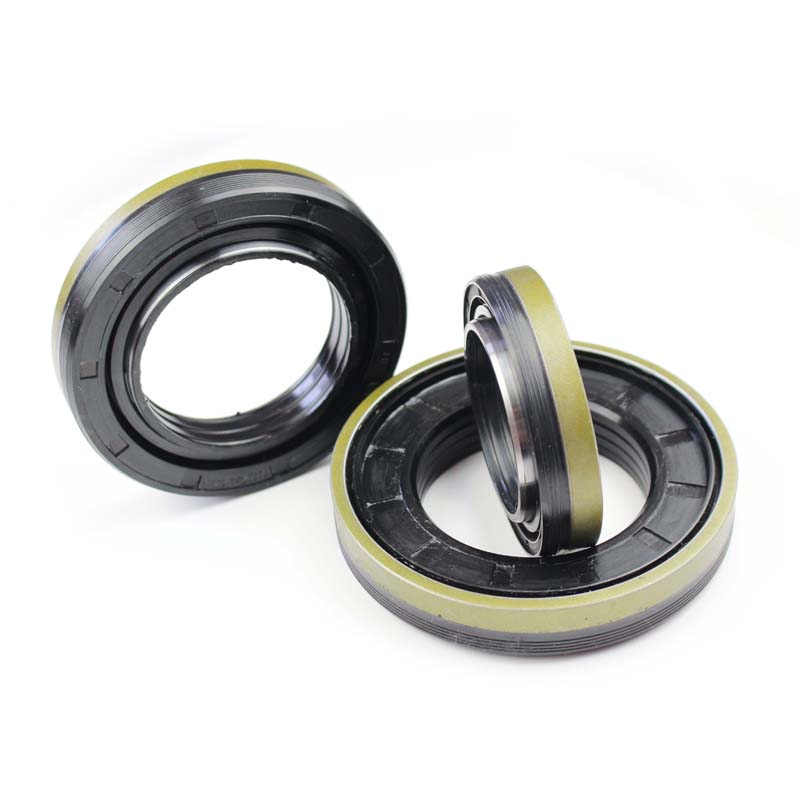mechanical oil seal
Understanding Mechanical Oil Seals Essential Components in Machinery
Mechanical oil seals are critical components used in various industrial applications to prevent the leakage of lubricants and fluids. Typically installed in rotating equipment, these seals play a vital role in maintaining the integrity of machinery by keeping contaminants out and retaining the necessary lubrication, thereby ensuring efficient operation.
Composition and Design
Mechanical oil seals are usually made from durable materials such as rubber, silicone, or polyurethane, which provide excellent resistance to wear, temperature, and chemicals. The design often incorporates a metal casing that enhances the seal's stability and allows it to withstand pressure. The inner circumference of the seal has a lip that engages with a rotating shaft, creating a barrier against leakage. This design is crucial for preventing oil spills, which can lead to equipment failure and costly downtimes.
Importance in Machinery
In various industries, mechanical oil seals are indispensable. They are commonly found in automotive engines, hydraulic systems, pumps, and electric motors. The primary purpose of these seals is to minimize friction and abrasion between moving parts by providing a consistent lubrication layer. This not only improves the efficiency of the machinery but also extends its lifespan by reducing wear and tear.
mechanical oil seal

Types of Mechanical Oil Seals
There are several types of mechanical oil seals tailored to meet specific requirements, including single-lip and double-lip seals. Single-lip seals are suitable for light-duty applications, while double-lip seals provide superior protection in more demanding conditions. Additionally, there are specialized seals designed for high-temperature applications or those that need to accommodate excessive pressure variations.
Installation and Maintenance
Proper installation of mechanical oil seals is essential to ensure their effectiveness. Before installation, it is crucial to inspect the sealing surfaces for any damage or contamination. A clean installation environment helps prevent premature seal failure. Regular maintenance, including inspections for wear or deformation, can also help identify potential issues before they lead to significant problems.
Conclusion
In conclusion, mechanical oil seals are vital elements in ensuring the smooth operation of mechanical systems. Their ability to prevent fluid leaks and contamination directly influences the efficiency and longevity of equipment. Understanding the different types and applications of these seals allows engineers and technicians to make informed decisions, ensuring optimal performance in various industrial settings. Investing in high-quality mechanical oil seals and maintaining them properly can lead to substantial savings by reducing downtime and maintenance costs in the long run.
-
The Ultimate Guide to Boat Propeller Bearings and Trailer Wheel Bearings
News Jul.31,2025
-
The Essential Guide to Marine Bearings and Boat Trailer Wheel Bearings
News Jul.31,2025
-
The Complete Guide to Heavy Duty Seals: Protecting Doors and Spaces Efficiently
News Jul.31,2025
-
Essential Guide to Marine Shaft Bearings and Boat Trailer Axle Bearings
News Jul.31,2025
-
Comprehensive Guide to Marine and Trailer Bearings for Safe Boating and Transport
News Jul.31,2025
-
Comprehensive Guide to Automotive Oil Seals: Protecting Your Engine and Shafts
News Jul.31,2025
-
Understanding Automotive Oil Seals: Essential Components for Engine and Shaft Protection
News Jul.30,2025
Products categories















